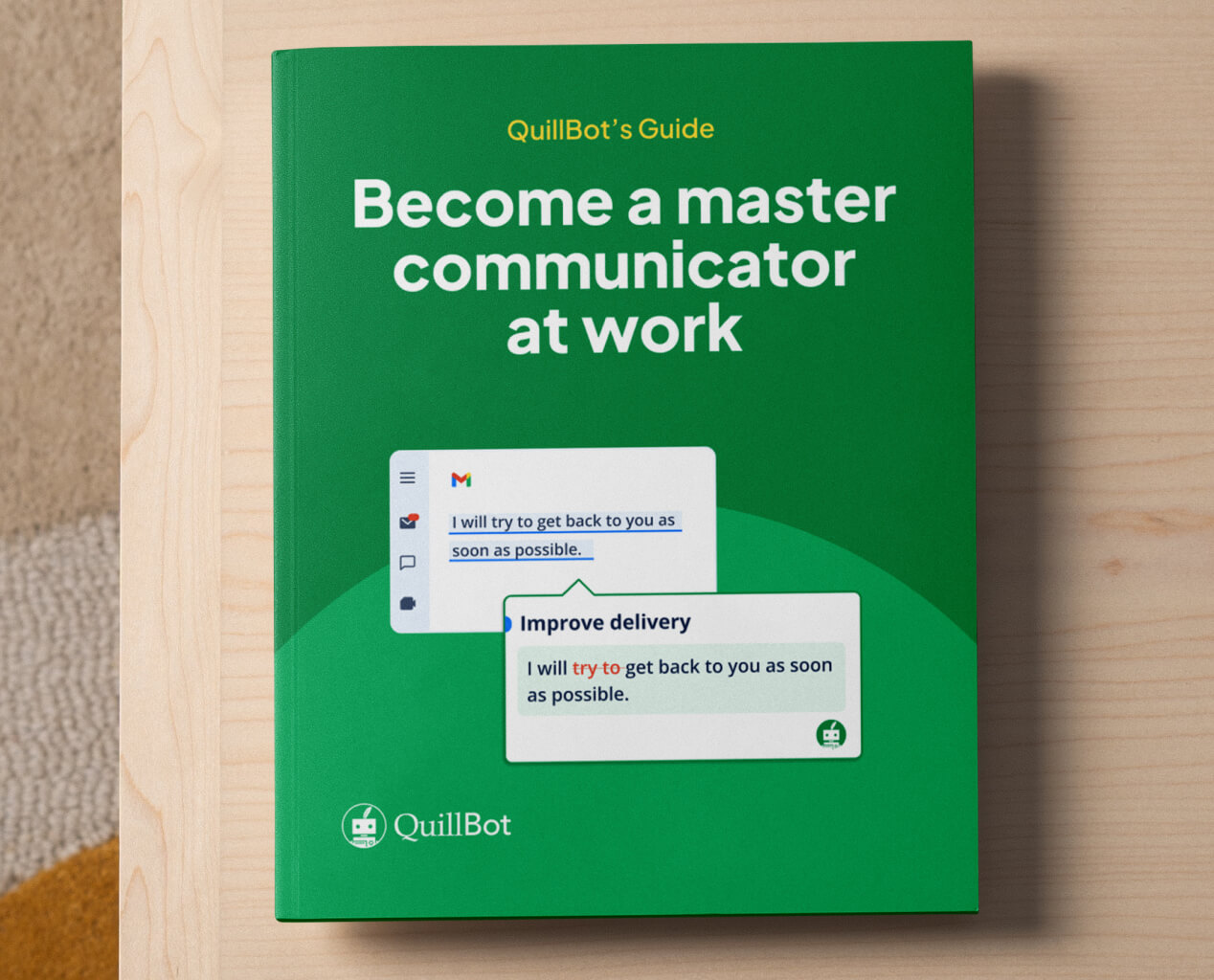“Coming soon” means “expected to arrive or debut in the near future.”
This adjective phrase can be used in diverse contexts to talk about upcoming products, services, media, or events (e.g., “The director’s new movie is coming soon”).
Some synonyms for “coming soon” are:
QuillBot’s free Paraphraser can help you find other phrases that mean “coming soon.”
Read this FAQ: What’s the meaning of coming soon?
The noun “turnpike” refers to a toll road.
Historically, a “turnpike” was a road where pikes—or long sticks—blocked a traveler’s way until they paid a toll. Nowadays, it’s used in American English to refer to an expressway.
“Turnpike” may be shortened to “pike,” like in the idiom coming down the pike, which means “coming down the road.”
A QuillBot Grammar Check can make sure you use “turnpike” correctly in your writing.
Read this FAQ: What is a turnpike?
“Pike” is a noun that has several meanings.
It can be short for “turnpike,” a type of road. In this context, it’s used in the idiom coming down the pike, which talks about something coming in the future.
“Pike” is also a freshwater fish and a type of Medieval weapon similar to a spear.
A QuillBot Grammar Check can make sure you use this word correctly, regardless of meaning.
Read this FAQ: What is a pike?
“Coming down the pike” is an idiom that means “coming down the road.” “Pike” comes from “turnpike,” a type of road. This idiom is often used metaphorically to talk about something approaching or expected in the future.
People sometimes say coming down the pike or pipe. “Coming down the pike” is the correct version, but “coming down the pipe” is gaining popularity.
A QuillBot Grammar Check can ensure you use the correct version of this idiom.
Read this FAQ: What’s the meaning of coming down the pike?
The correct usage is myriad, not myriad of. As an adjective meaning “many,” myriad should be used on its own to modify a noun (e.g., “She gave myriad excuses for not meeting her sales goals”).
QuillBot’s Grammar Checker can help you make sure you’re using words like myriad correctly.
Read this FAQ: Is it myriad of or just myriad?
The spelling of the phrase meaning “certainly” or “obviously” is of course. It is also sometimes used in place of “you’re welcome” as a response to “thank you.”
“Coarse” means “rough” or “vulgar.” It is sometimes used with the preposition “of” to describe something’s texture (e.g., “This sack is made of coarse material”).
Of course is by far the more common phrase.
QuillBot’s free Grammar Checker can help you make sure you’re using phrases like of course correctly.
Read this FAQ: Is it of coarse or of course?
The meaning of “me as well” is “me too.”
“As well” is an adverb that means “also” or “too.” Do not get confused between aswell and as well. “As well” is the correct way to write this phrase; “aswell” is always incorrect.
For example:
- They gave my sister a computer, and they gave one to me as well.
- They gave my sister a computer, and they gave one to me aswell.
A QuillBot Grammar Check can make sure you always write “as well” correctly.
Read this FAQ: What’s the meaning of me as well?
“Fair” means “reasonable and correct,” “light colored,” or “moderately good.”
Some synonyms for “fair” meaning “reasonable and correct” are:
Some synonyms for “fair” meaning “light colored” are:
Some synonyms for “fair” meaning “moderately good” are:
QuillBot’s free Paraphraser can help you find even more synonyms for “fair.”
Read this FAQ: What are some synonyms for fair?
“Middling” is an adjective that means “moderate or average” (e.g., “The restaurant received middling reviews”).
“Middling” is also used in the phrase “fair to middling”—sometimes misspelled as fair to Midland—which also means “moderate or average.”
It’s also an adverb meaning “fairly or moderately” (e.g., “He was middling successful in his new business venture”). This use is less common.
A QuillBot Grammar Check can make sure you’re using this word correctly.
Read this FAQ: What’s the meaning of middling?
“Negligence per se” means “negligence by itself” or “inherent negligence.” Per se means “by itself” or “inherently.”
It’s used when an act is considered negligent because it violates a statute or regulation.
Don’t misspell “per se” as “per say,” which is incorrect. A QuillBot Grammar Check can catch any spelling mistakes you might make.
Read this FAQ: What is negligence per se?
